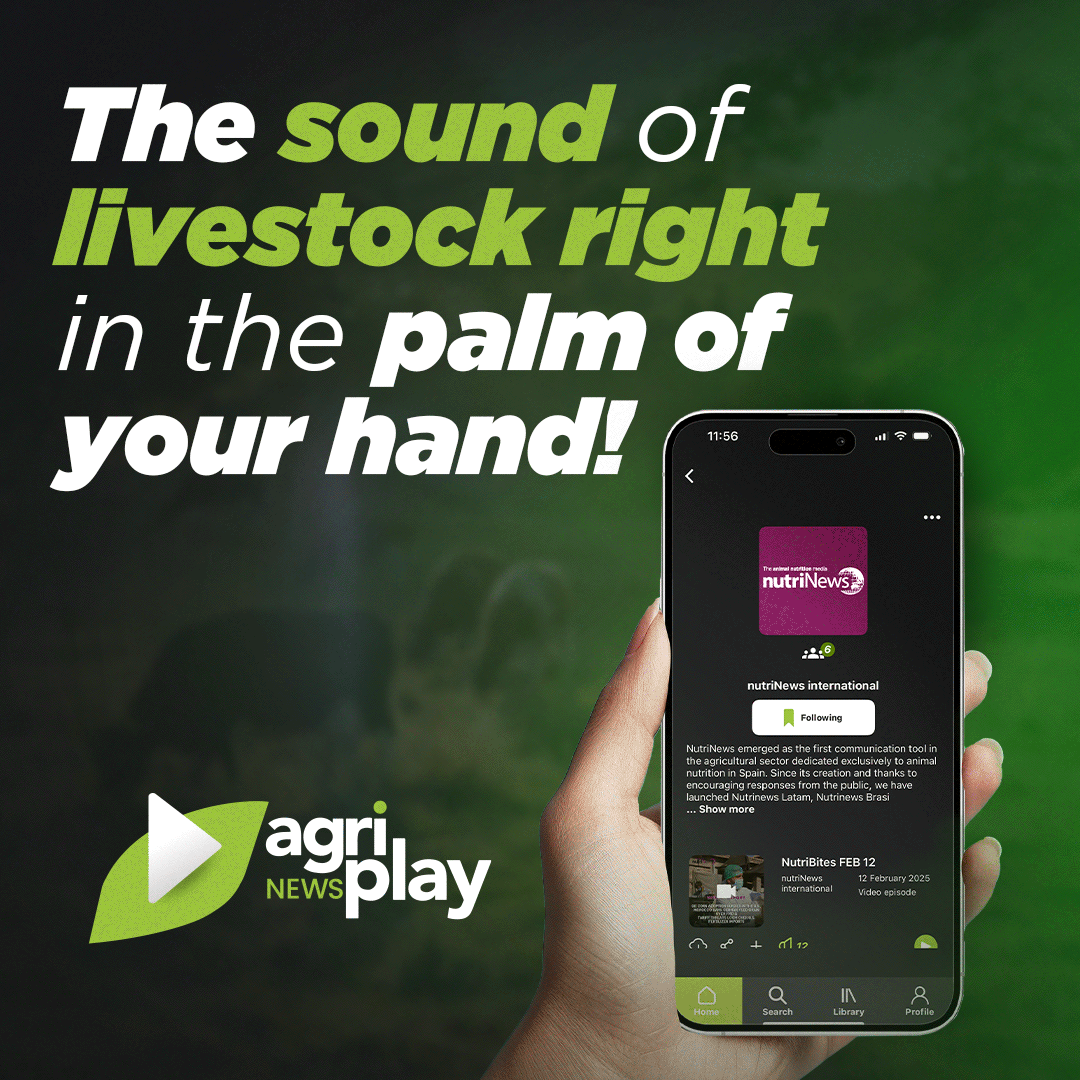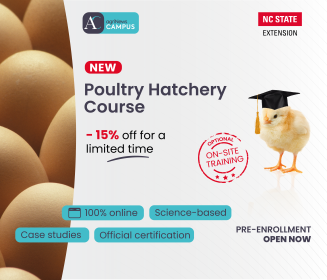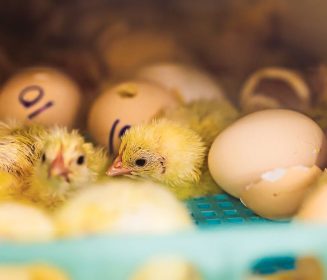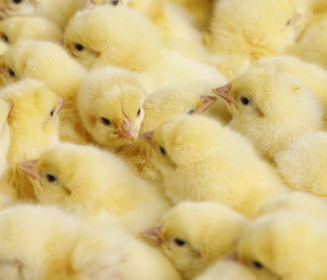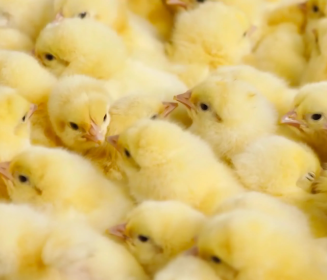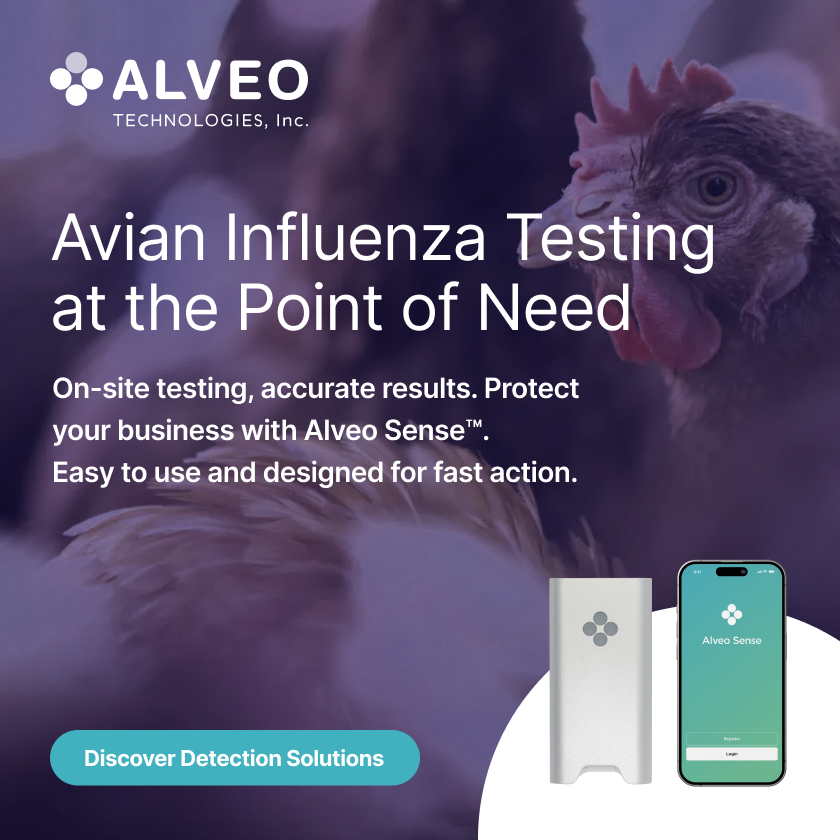“Therefore, during the first week of incubation, water content increases almost 4% due to the influx of water from the albumen to create the subembryonic fluid”.
22 Feb 2021
How important is the yolk during embryo development?
The yolk lipids are the first energy source in the second half of incubation and during the early post-hatch period. Only 90% of the total energy used for maintenance, growth, and development is produced from egg yolk lipids' oxidation
Available in other languages:
The development and growth of avian embryos are processes that depend on the nutrients present in the egg.
When the egg is laid, the yolk composition is around 49% water, 33% fat, 17% protein, and traces of minerals and carbohydrates, but it will be changing once the incubation starts.
At this time, the yolk sac membrane and chorioallantoic membrane are not well-developed yet and cannot either transport nutrients to the circulation nor supply enough oxygen to complete the oxidation of fatty acids. Then, the glucose is the primary energy source. Once the embryo reaches 10 embryonic days, both the yolk sac and chorioallantoic membrane will be developed, and the embryo increased the use of nutrients from the yolk.
The glucose transport in the first week of incubation can take 2 routes:
Highly vascularized yolk sac membrane
Via the yolk stalk directly into the intestines
The yolk lipids are the first energy source in the second half of incubation and during the early post-hatch period. Only 90% of the total energy used for maintenance, growth, and development is produced from egg yolk lipids’ oxidation. Moreover, at embryonic day 19, the residual yolk is absorbed in the abdominal cavity to supply the nutrients during post-hatch until the 5-day-old contributing to body weight gain in the first days of age.
Other nutrients such as amino acids from the yolk and albumen are used to synthesize tissues and nucleotides, metabolism of ammonia, nitrogen transport among tissues, immune system, and precursors for gluconeogenesis.
On the other hand, the residual yolk weight at hatch is affected by
TO CONTINUE READING REGISTER IT IS COMPLETELY FREE
Access to articles in PDF
Keep up to date with our newsletters
Receive the magazine for free in digital version
REGISTRATION
ACCESS
YOUR ACCOUNT
LOGIN
Lost your password?




